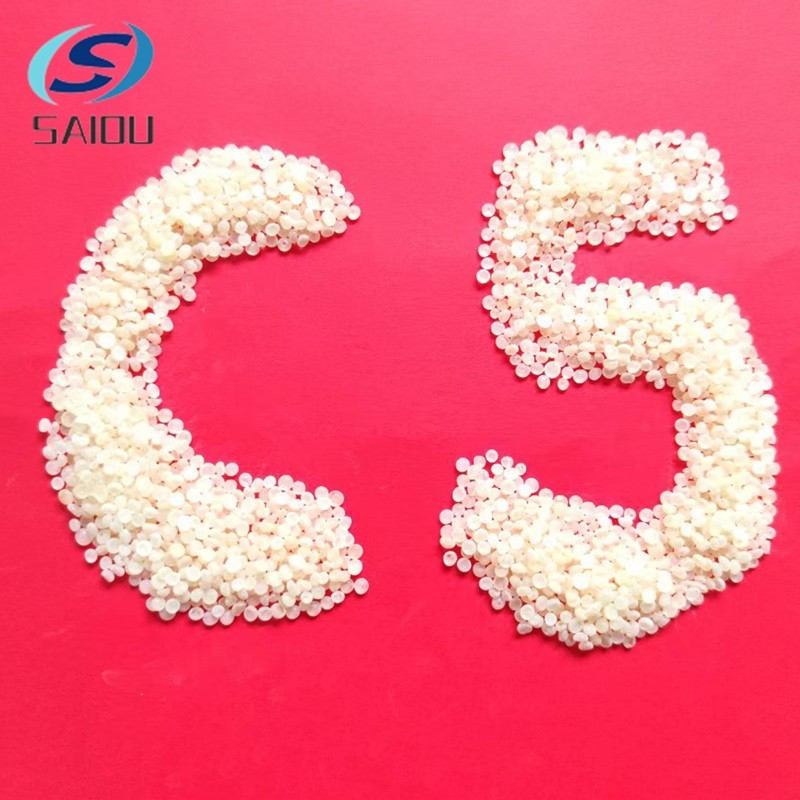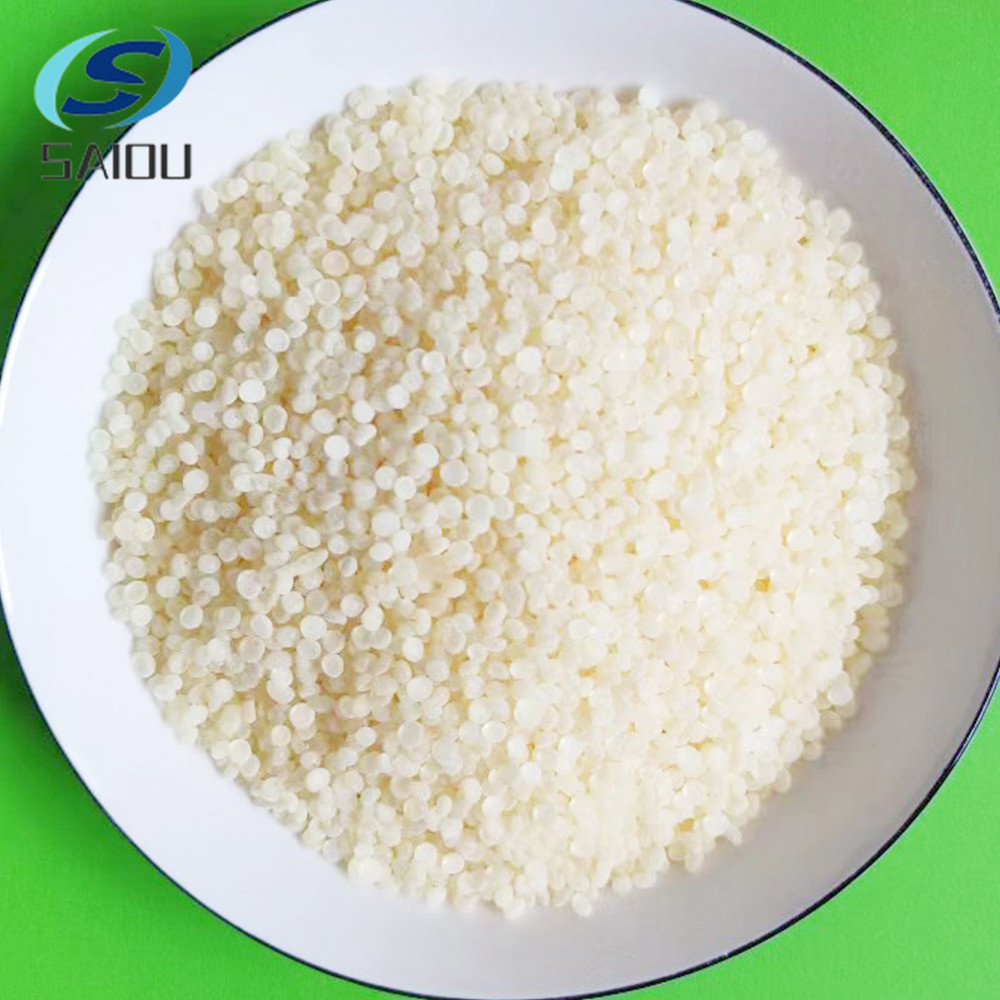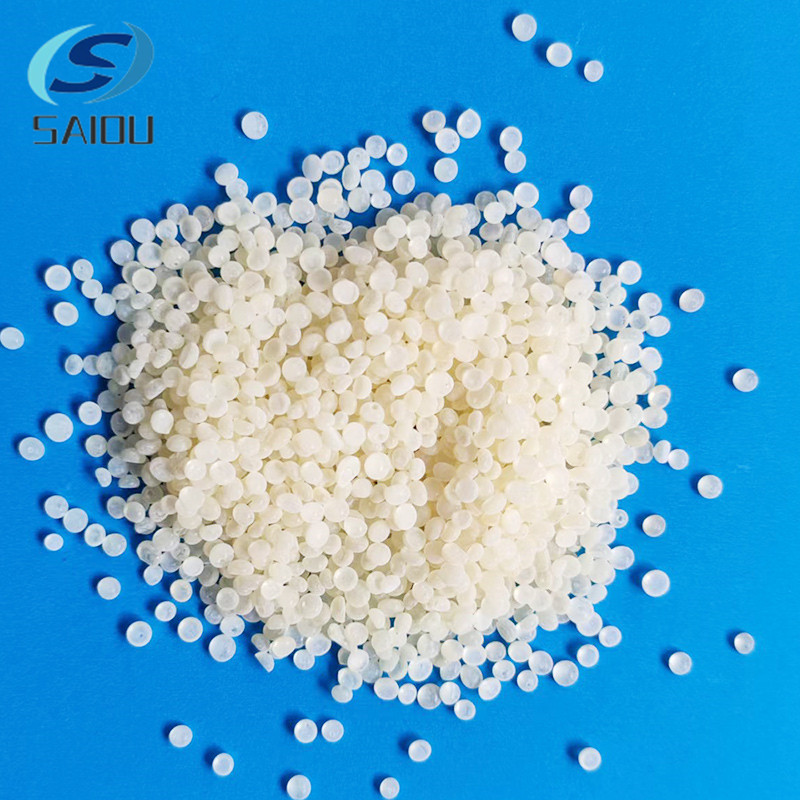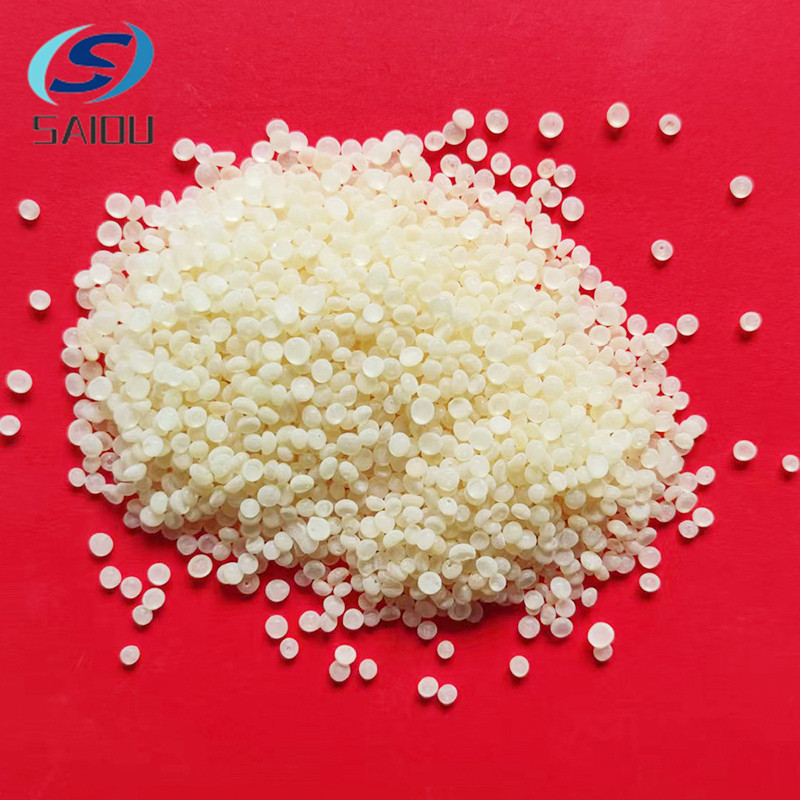In the growing field of industrial materials, C5 hydrocarbon resins have become an important part of a variety of applications. Known for its unique properties and versatility, this resin is increasingly used in industries ranging from adhesives and coatings to rubber and plastics. In this blog, we will explore what C5 hydrocarbon resin is, its benefits and its diverse applications.
What is C5 petroleum resin?
C5 hydrocarbon resin is a synthetic resin polymerized from C5 distillate hydrocarbons, usually obtained from petroleum refining. These resins are characterized by low molecular weight and excellent compatibility with a wide range of polymers. C5 hydrocarbon resins are primarily composed of cyclic and aliphatic hydrocarbons, which contributes to their unique properties, making them ideal for many industrial applications.
Advantages of C5 petroleum resin
Adhesive Properties: One of the outstanding features of C5 hydrocarbon resin is its excellent adhesive properties. It enhances the bond strength of adhesives, making it a popular choice in the manufacture of pressure-sensitive adhesives, hot melt adhesives and sealants. This property is particularly beneficial for industries such as packaging, automotive and construction.
Thermal Stability: C5 hydrocarbon resin exhibits excellent thermal stability, allowing it to maintain its performance under different temperature conditions. This property is critical for applications requiring durability and longevity, such as coatings and sealants exposed to harsh environments.
Compatibility: The compatibility of C5 hydrocarbon resin with a variety of polymers, including styrenic block copolymers and ethylene vinyl acetate (EVA), makes it a versatile additive. It can be easily blended with other materials to enhance its properties, such as increasing flexibility, hardness and UV resistance.
Cost Effectiveness: C5 hydrocarbon resins are generally more cost effective than other resins, making them an attractive option for manufacturers looking to optimize their production processes without compromising quality .
Application of C5 petroleum resin
Adhesives: The adhesive industry is one of the largest consumers of C5 hydrocarbon resins. Its ability to improve adhesion and enhance adhesive performance makes it a preferred choice among manufacturers. From packaging tape to construction adhesives, C5 resin plays a vital role in ensuring strong, durable bonds.
Coatings: In the coatings industry, C5 hydrocarbon resins are used to formulate paints, varnishes and protective coatings. Its thermal stability and resistance to yellowing make it ideal for outdoor applications, where exposure to sunlight and weather conditions may degrade other materials.
Rubber and Plastics: C5 hydrocarbon resins are also used in the rubber and plastics industry to improve the processing and performance of various products. It enhances the elasticity and strength of rubber compounds, making them suitable for use in tires, footwear and industrial rubber products.
Printing Inks: The printing industry benefits from the excellent compatibility of C5 hydrocarbon resins with a variety of ink formulations. It helps improve ink flow and leveling, resulting in high-quality prints with vivid colors.
in conclusion
C5 hydrocarbon resin is a versatile and valuable material with a niche in numerous industries. Its unique properties, including excellent adhesion, thermal stability and compatibility with other polymers, make it an important ingredient in modern manufacturing. As industries continue to innovate and seek high-performance materials, demand for C5 hydrocarbon resins is likely to grow, cementing their position as a key player in industrial applications. Whether in adhesives, coatings or rubber products, C5 hydrocarbon resins are certainly materials to watch in the coming years.




Post time: Nov-08-2024

